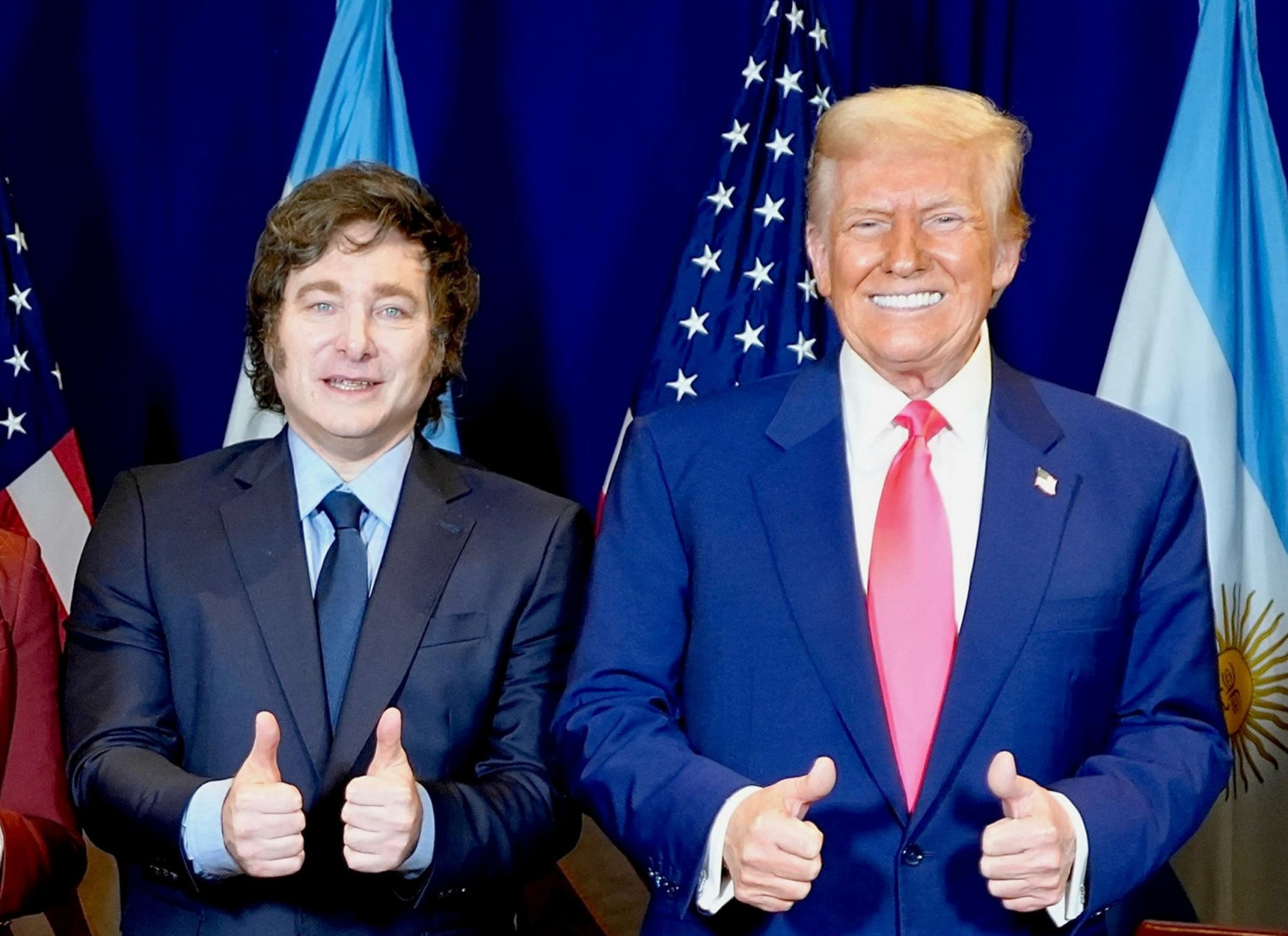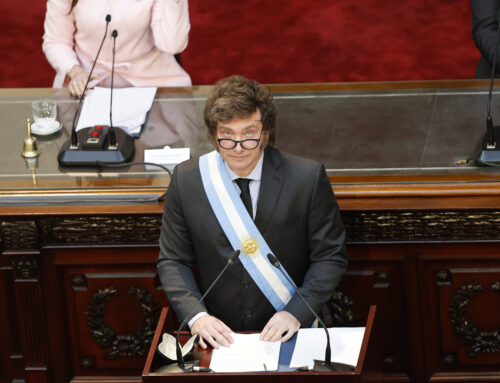Buenos Aires, Argentina – A recent analysis by the technical staff of the International Monetary Fund (IMF) has assessed the impact of United States tariffs on the Argentine economy. The report examines the implications of changes in US commercial policy and global turbulence for Argentina.
The United States is the third-largest destination for Argentina’s exports, accounting for approximately 8% of its total goods exports, which is equivalent to about 1% of its Gross Domestic Product (GDP). The IMF calculated that the direct impact of the tariffs would be limited, estimating a drop in Argentine exports to the US of only $300 million to $500 million annually. This impact could be even smaller due to a potential trade diversion from other countries. The article also mentions that Argentine steel and aluminum have faced a 25% tariff since March, while most other products began paying a 10% tariff in April.
In the financial sphere, the IMF pointed out that Argentina’s low international reserves expose the country to higher sovereign risk. If these risks were to materialize, it could lead to economic contraction and increased inflation due to pressure on the exchange rate. The report also provided policy advice, suggesting a more flexible exchange rate framework combined with tighter fiscal and monetary policies to preserve external stability and prevent further loss of reserves. Additionally, it mentioned that a more drastic reduction in export taxes might be needed to boost competitiveness, provided compensatory fiscal measures are identified.







Leave A Comment